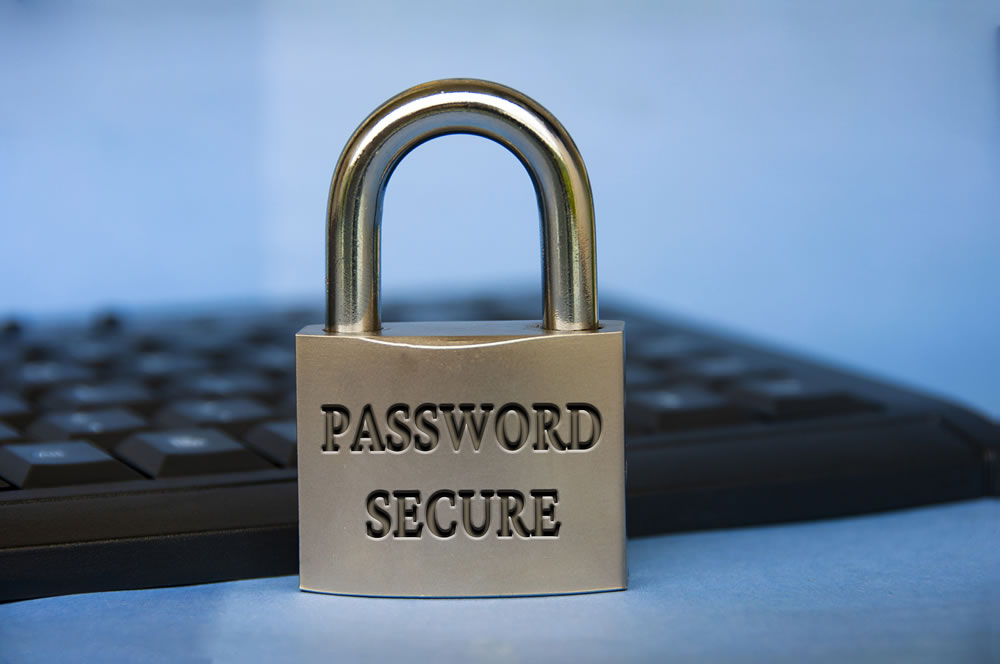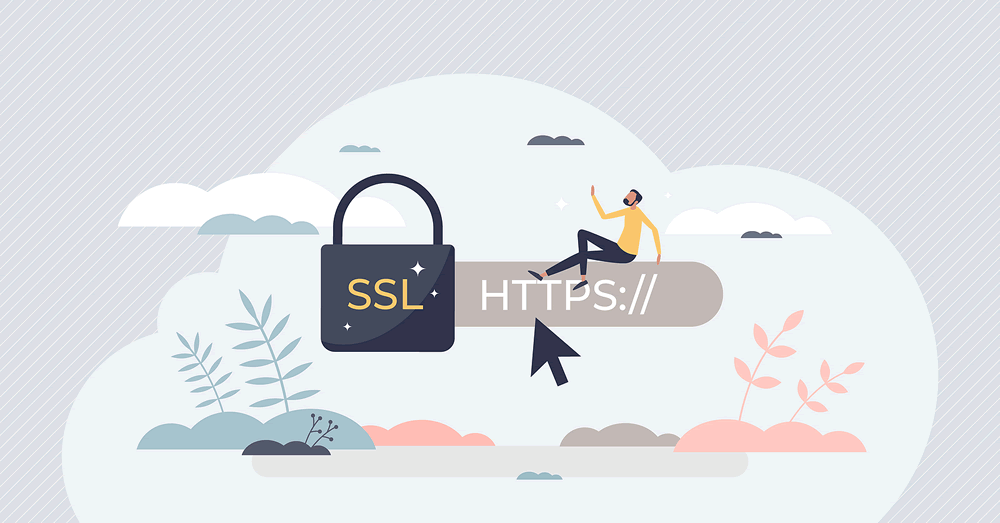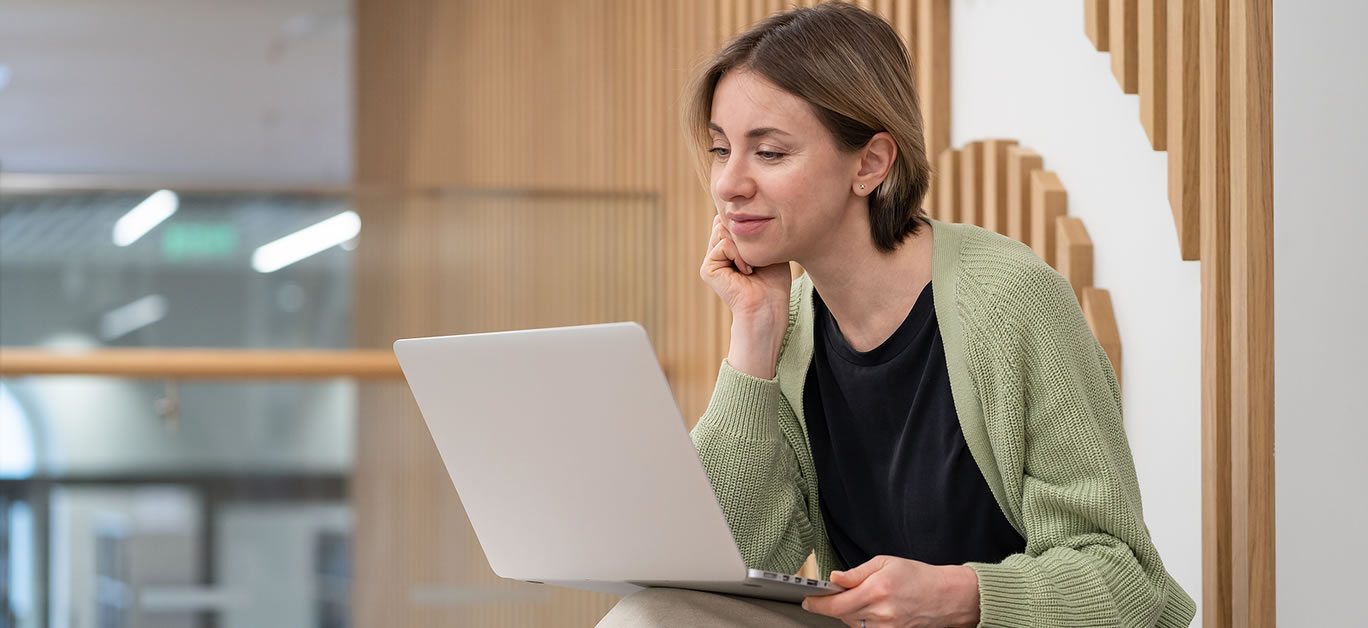It would be hard to disagree with the fact that the internet has changed our lives for the better. From social and professional opportunities to the democratization of information and the endless creative possibilities, the internet has become a truly integral part of everyday life.
However, much like anything in life, the internet is not without its risks. For all the benefits and opportunities it can offer, it does come with some inherent dangers that users must be aware of. Let’s take a look at some of the risks involved, and how you can stay safe when you’re online.
Be careful on public Wi-Fi

To get online, we need an internet connection. One of the biggest advantages of mobile technology is that it has given us the ability to access the internet wherever we may be. What’s more, we are seeing more and more free public Wi-Fi services rolled out across the country to promote greater internet use and accessibility.
However, these unsecured public Wi-Fi connections can pose a threat as they often have little or no security measures in place, making them an ideal target for hackers and cyber criminals. According to cybersecurity and infosec services provider sapphire.net, to ensure you stay safe when using public Wi-Fi connections, avoid submitting any personal details while connected to them, don’t use banking or file sharing apps, as you can be vulnerable to attack from digital criminals.
Choose strong passwords

Websites and digital platforms will almost always require you to register to make full use of their services. This can be a simple process with just a username or email, or more involved with passwords and verification systems. If the platform deals with money in any way such as an online casino or e-commerce store, the registration and user authentication processes will be far more rigorous, as these platforms have a duty of care for their users.
With all the various accounts modern life requires us to have, it can be easy to use the same password for them all, however, this is not advised. If a hacker was to illicitly gain access to any one of your accounts, they would then be able to go on and access all of your other online profiles. This could have serious implications, so make sure you use different passwords for each separate account.
When choosing a password, avoid anything too obvious. Whatever you do, don’t use ‘password’. The best approach is to use a phrase or saying unique to you, with a combination of uppercase letters, lower case letters, numbers, and special characters.
Check for SSL encryption

When disclosing financial information online, always check for secure sockets layer (SSL) encryption. This secures your data and can prevent it being accessed by rogue parties. If a website URL starts with ‘https’ or has a padlock icon on it, you’ll know its SSL secured.
The bottom line
Don’t let the thought of the potential online dangers worry you. Follow the simple steps we’ve outlined above and ensure you stay safe when browsing the web.






















